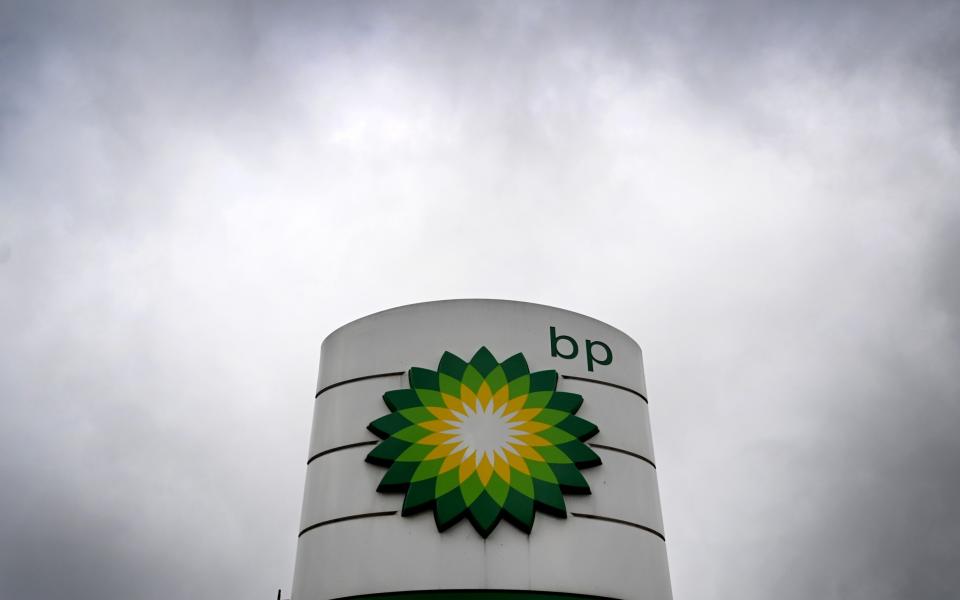BP to pay lower tax rate this year than before Covid

BP is on course to pay a lower tax rate this year than before the onset of Covid, despite a raid on energy companies' profits during the cost of living crisis.
The FTSE 100 oil behemoth said it expects its global underlying effective tax rate this year to be around 35pc, which compares to 36pc in 2019 and 38pc in 2017 and 2018.
Murray Auchincloss, finance chief, told analysts last week the rate had been helped during the first half of the year by strong results from its refineries and traders.
He said he expected the company’s overall effective tax rate to be around 30pc during the first half of the year, rising to 40pc in the second half, averaging at 35pc for the full-year.
Mr Auchincloss added: “I suppose what we didn't plan for at the beginning of the year was a much stronger refining market, nor did we plan for exceptional trading results. So, if you take account of those things, that's what drives the effective rate lower.”
BP said it typically pays tax on products sold as they leave its refineries. These facilities are typically located in lower-tax countries than the wells where it extracts oil and gas from the ground.
The company last week reported a tripling of second quarter profits to $8.4bn (£7bn), boosted by high oil and gas prices, refining margins and trading profits. All have benefitted from the turmoil in energy markets caused by Russia’s war on Ukraine.
The British Government in May introduced a windfall tax on North Sea oil and gas producers such as BP to try and help households struggling with record energy bills caused by high wholesale gas prices. Producers can offset investments in oil and gas production.
But Rachel Reeves, shadow chancellor, said: "As families and pensioners lie awake at night worrying about how they'll pay their energy bills, we see yet more evidence that oil and gas giants are getting off lightly when it comes to paying tax on their booming profits."
BP said: “As a global number, the effective tax rate (ETR) we report reflects bp’s performance and the mix of its profits from different business activities and locations across the world – and price volatility can impact this geographical mix.”
It added the expected rate for this year was “broadly consistent” with an average of 36pc since 2017, discounting 2020 when the rate was negative due to an exceptional accounting matter. The rate was 31pc in 2021, 36-38pc in 2019-2017, 23pc in 2016 and 31pc in 2015.

 Yahoo News
Yahoo News 